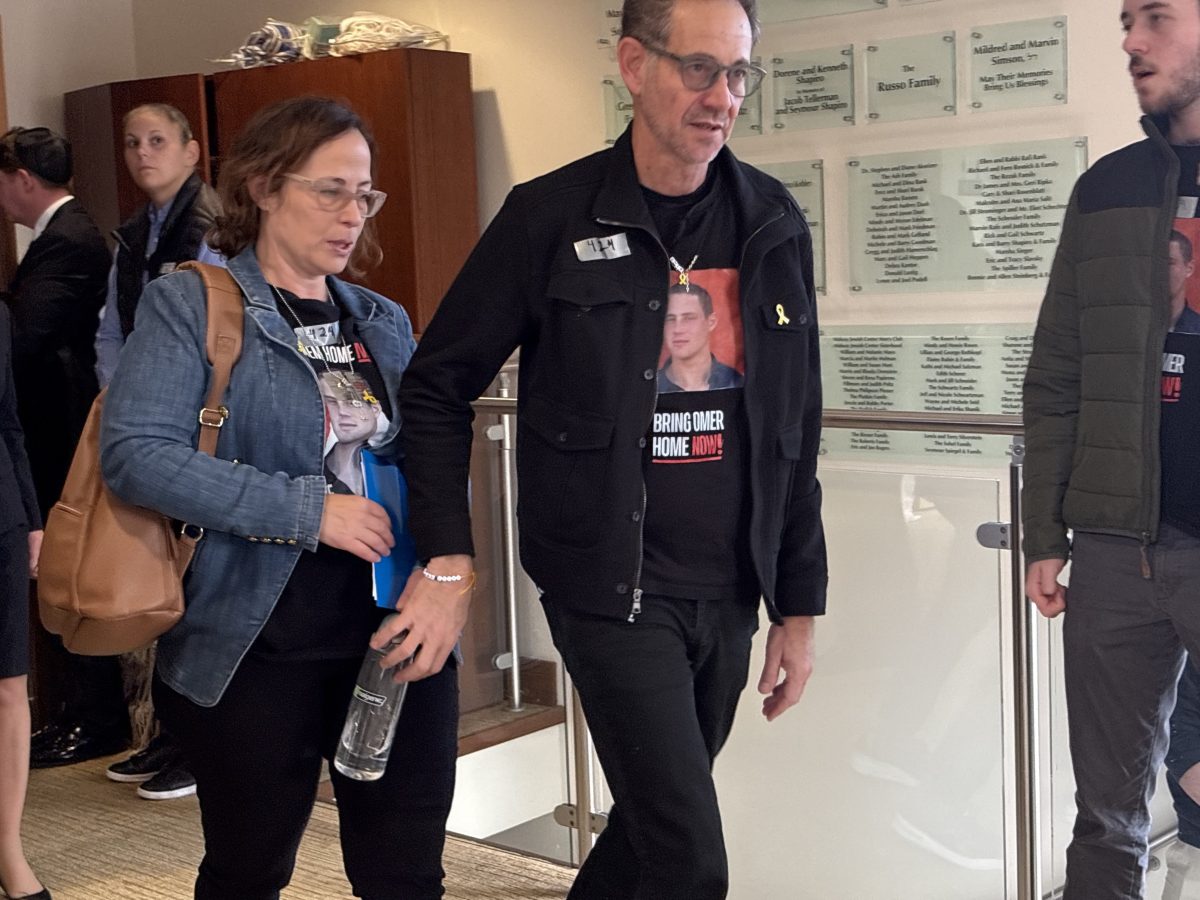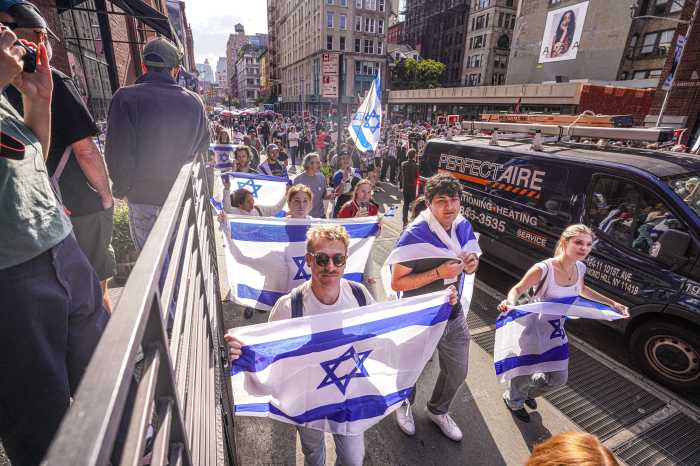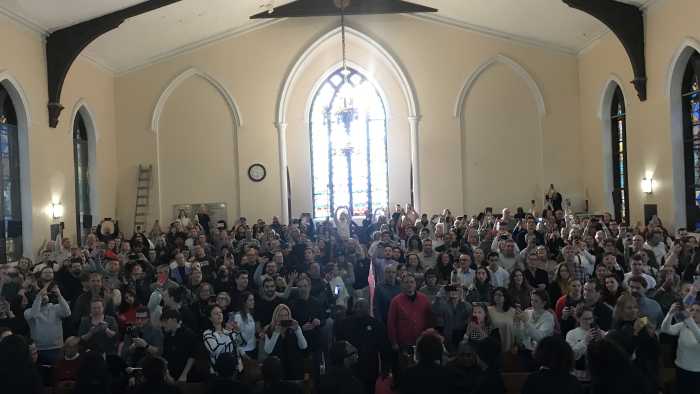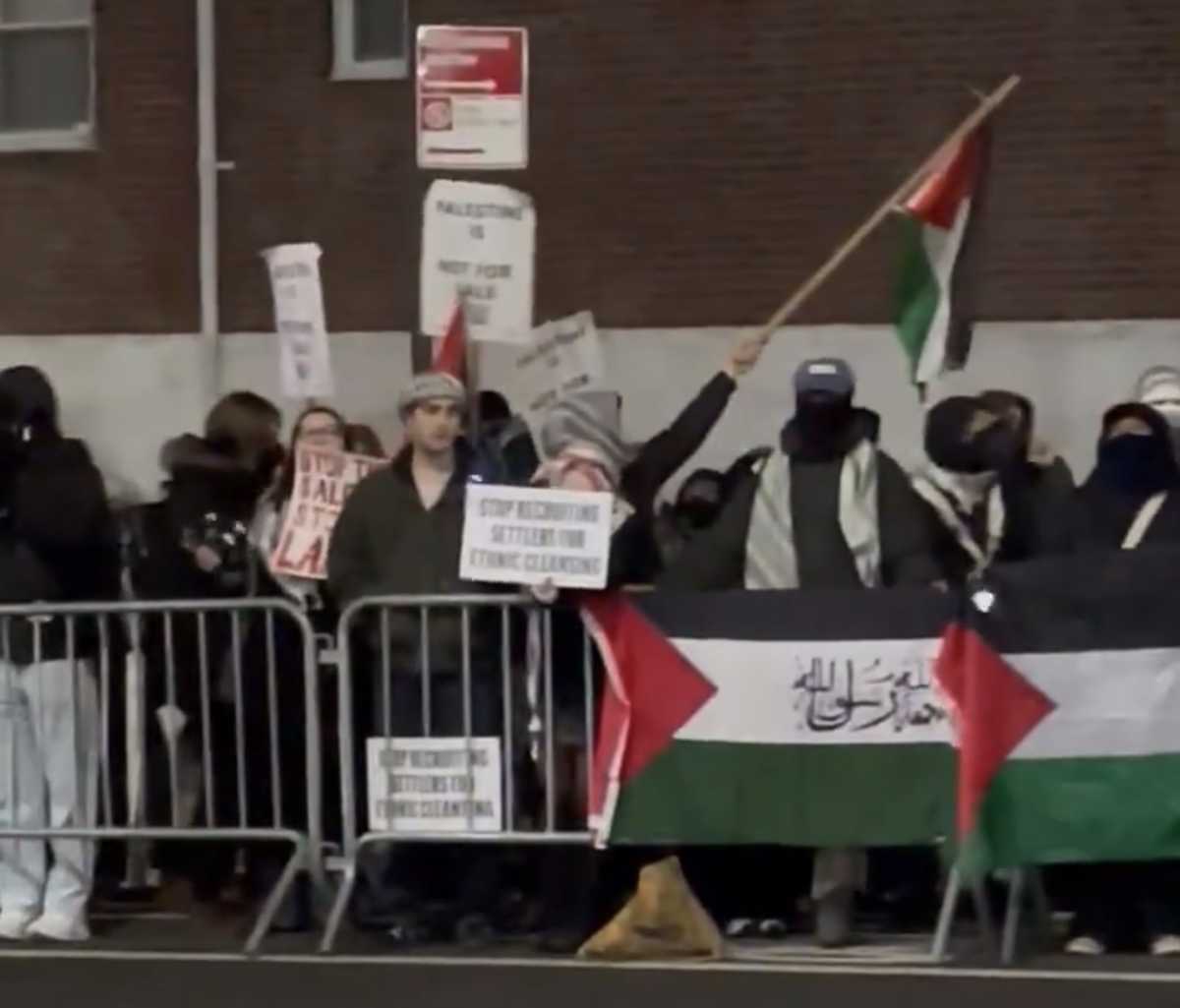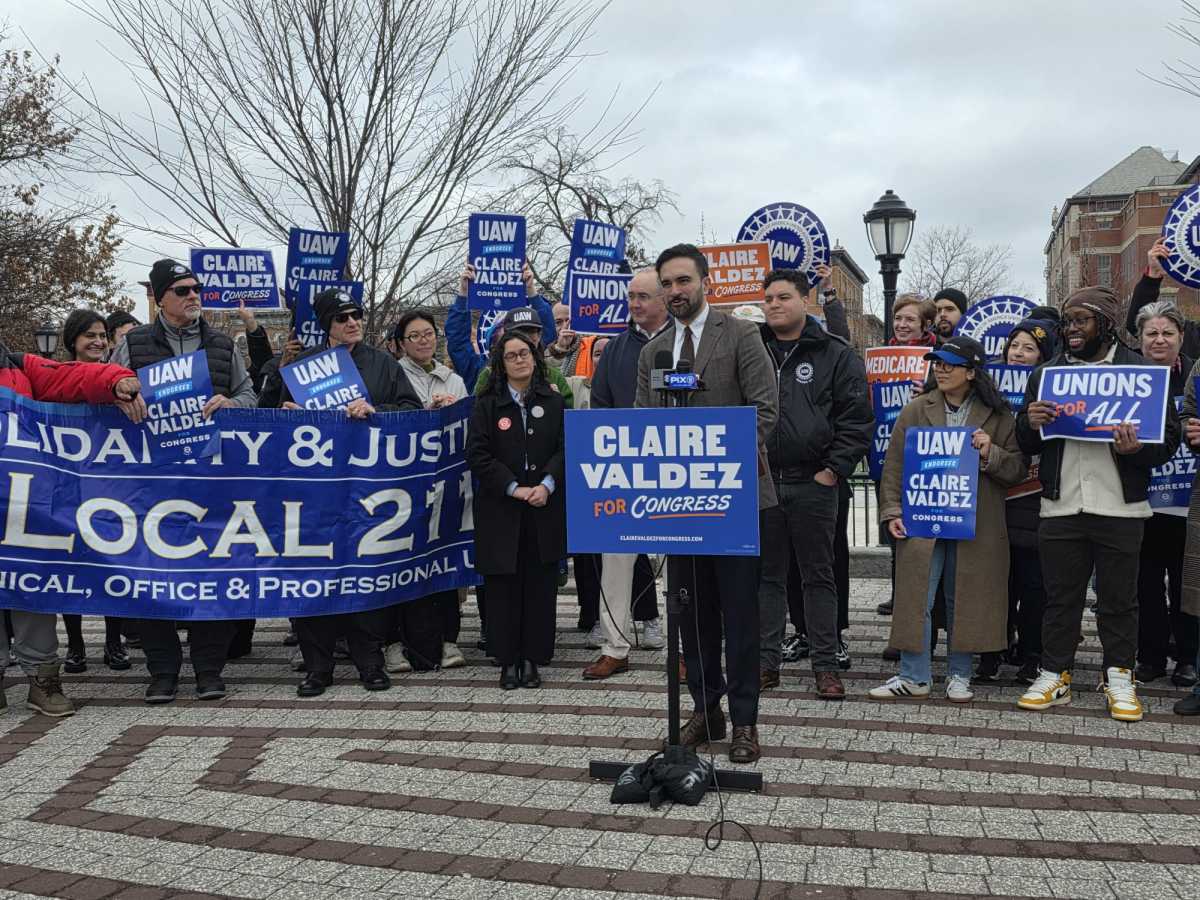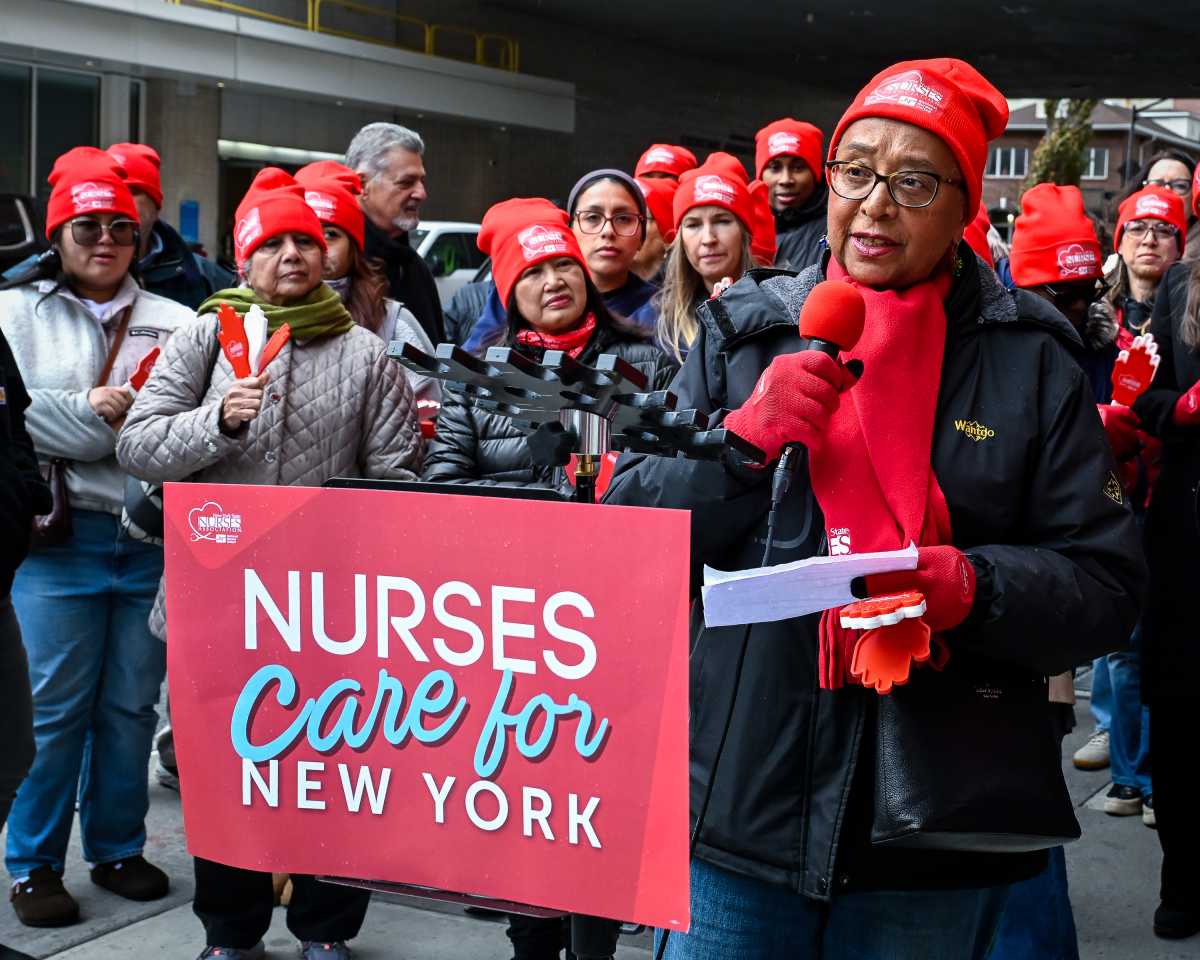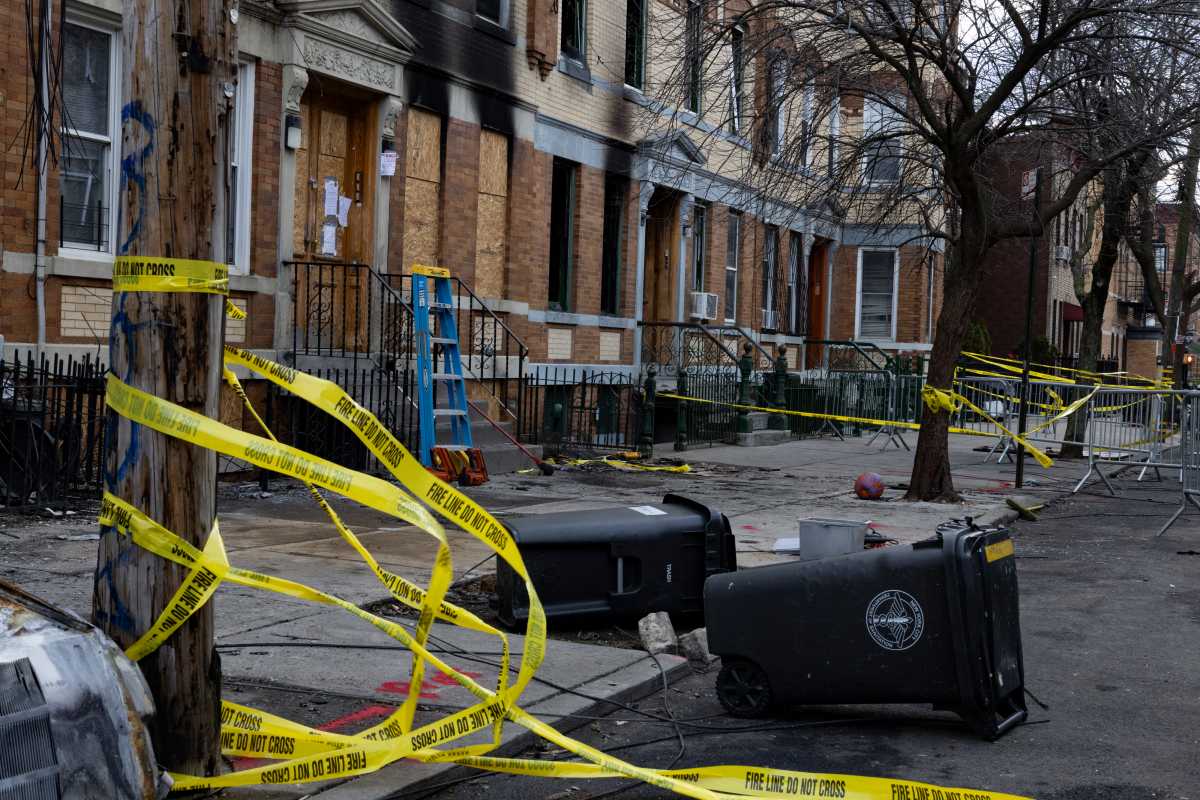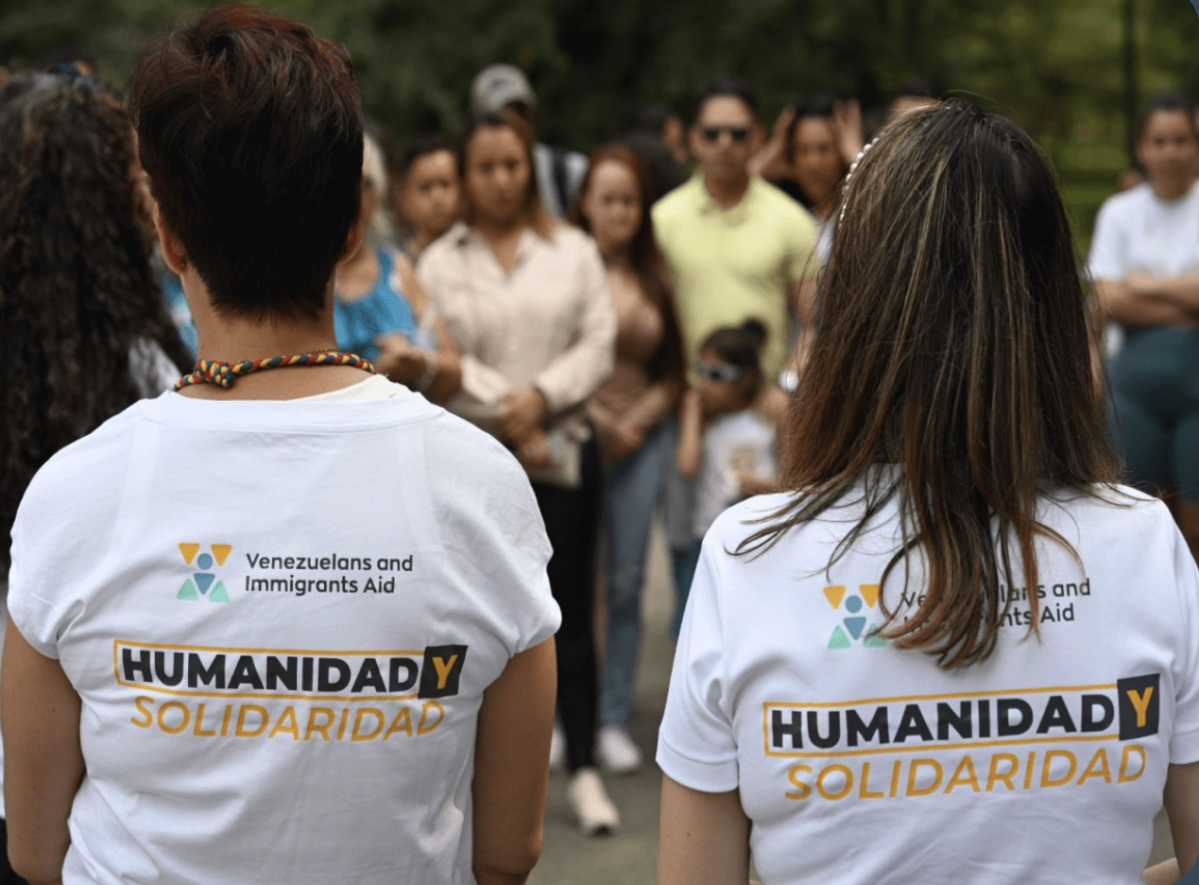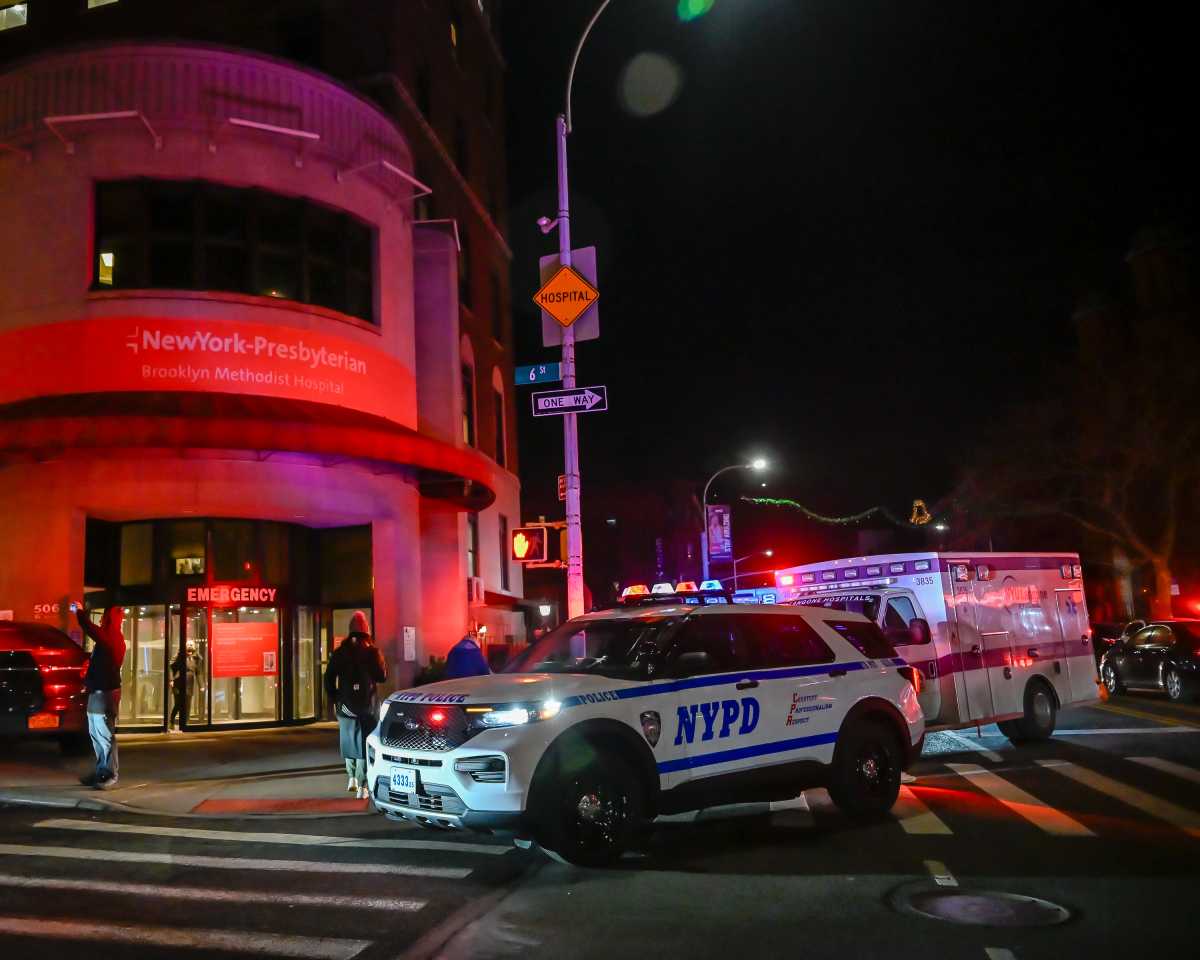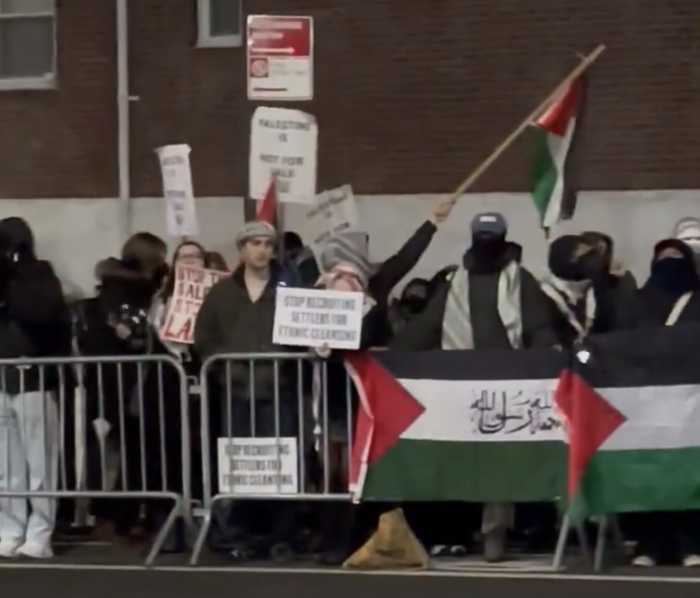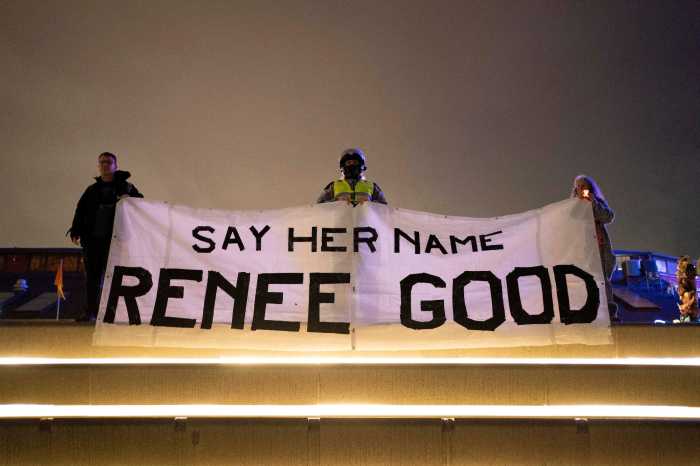April 7 will mark six months since the brutal Hamas terror attack against Israel, sparking an ongoing war that claimed lives, took hostages and caused widespread social conflict around the world.
Half a year later, Hamas, a terror group, is still holding many people, including Americans, hostage. As months go by amid death and destruction due to ongoing military campaigns in the Middle East and war-related protests and rallies across America, families still wait for their loved ones to come home.
And they wait knowing very little about their relative’s whereabouts or how they are doing.
Moshe Lavi is an Israeli currently living in New York City. His brother-in-law, Omri Miran, is being held hostage by Hamas in Gaza. Like the rest of the world, Lavi knows little about his brother-in-law’s state of health or even if he is dead or alive.
Hamas gives little—if any—updates on the people they are holding captive.
“We don’t know about the well-being of our family members,” Lavi said. “Sometimes there is intelligence that families receive from the government if it’s something relevant and published in the newspapers.”
The “relevant” updates usually come from the American or Israeli government, and at times indicates a hostage was killed or died.
It has been months since Lavi knew anything about his brother-in-law’s condition in Gaza, he said.
“The last we know is that in late November he was alive,” Lavi explained. “Because some of the hostages released in that round of releases reported seeing him. We know he was alive in November, but it’s been a long time since then.”
American hostages in Gaza honored at the State of the Union
U.S. President Joe Biden honored the families of American hostages in Gaza during his State of the Union address on March 7. Many of the families were in the audience as invited guests.
“Here in the chamber tonight are American families whose loved ones are still being held by Hamas. I pledge to all the families that we will not rest until we bring their loved ones home,” Biden said.
In November, Rep. Hakeem Jeffries issued a statement about the hostages and the ongoing humanitarian crisis, saying, “…in the days and weeks to come, we must continue to aggressively push for the safe return” of the hostages.
Families “not happy” with hostage release progress
But some families and other Americans say they are “not happy” with the progress being made in Middle East, especially as it pertains to ceasefire negotiations and hostage release.
Many Palestinians have felt the atrocities of the war, too. In fact, thousands of civilians have been killed.
According to the Associated Press, more than 30,000 Palestinians have lost their lives and over 70,000 were wounded in Gaza since the start of the war. Some witness reports say Israeli troops recently fired upon Palestinians gathering at aid convoys as they attempted to get food.
On the topic of aid efforts, the Red Cross and Red Crescent remain in Gaza, helping with rescue efforts. According to officials at the American Red Cross, teams have been providing medical shipments and other important supplies to hospitals.
But some families here in the United States say rescue teams are not doing enough to help locate or provide essential supplies to the hostages being held in unknown locations throughout Gaza.
Leat Corrine Unger, of Bergen County, N.J., has heard nothing about her cousin, 20-year-old Omer Shemtov, who has been held by Hamas since Oct. 7. She told amNewYork Metro that she is “not happy” with how the Red Cross is communicating with the families of hostages.
“Unfortunately, we haven’t heard anything from any official body, including the Red Cross,” she said. “None have wanted or done anything to help us understand what Omer’s status is.”
Unger, along with other families, have urged the Red Cross to do more and has even organized and spoken at rallies about the importance of helping the hostages and bringing them home.
“I’ve specifically seen with my own eyes that they go from their office in Tel Aviv to Gaza in their white jeeps with humanitarian aid for Gazan citizens and they return back,” she said. “They have done nothing, not even symbolically to see if our hostages are alive or well. Nothing.”
Unger has taken to social media where she advocates for the safe return of her cousin and the other hostages in Gaza.
“Plenty of families” in the metro area whose family members are hostages
More than 1,200 people were killed during the attacks on Oct. 7. That same day, Hamas kidnapped more than 250 Israelis and foreigners. Although many hostages have since been released, mostly women and children, Israeli officials report that over 130 people remain captive in the Gaza Strip, adding that only about 100 of them are still alive.
Reports indicate that eight of Hamas’ abductees are Americans. As Lavi explained about his brother-in-law, it is unclear if all or any of the American hostages are still alive.
Omer Lubaton Granot is the director of Hostages and Missing Families Forum NY, a volunteer-based organization of family members, law and diplomacy experts, top security professionals and others who dedicate their time to the cause of bringing the hostages back home.
“Unfortunately, we have plenty of families that are based in the area who have family members in captivity in Gaza,” Granot explained.
The organization is planning a Six Months Rally on April 7 in Midtown to “keep the hostages in people’s minds and prayers, and in the news.”
Scott Richman, Anti-Defamation League (ADL) regional director for New York and New Jersey, said people “seem to have forgotten” about the hostages as talks of a ceasefire and efforts to bring humanitarian aid into Gaza continue.
“People get used to the situation, and it feels hopeless to them, so they begin to move on” Richman commented. “It’s the role of so many of us who feel this issue so deeply to keep it front and center.”
States-side, incidents of antisemitism have increased since the start of the war. The ADL released a report recently that showed the production and circulation of white supremacist propaganda that targets Jewish communities among other groups, has soared in New York since the start of the Israel-Hamas war.
“As we witness historic levels of antisemitic incidents globally and here in New York and New Jersey, we are dismayed, yet not surprised, to see a parallel rise in white supremacist propaganda in our region, especially against the Jewish community,” Richman said.
Brooklyn City Council Member Inna Vernikov underscored what Richman explained.
“Our office has been getting complaints about racist and antisemitic graffiti throughout the district,” she said. “We have been working with the NYPD and Parks Department to clean it up.”
Read more: Columbia Protesters Continue Occupation Despite Suspension Threats




